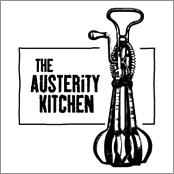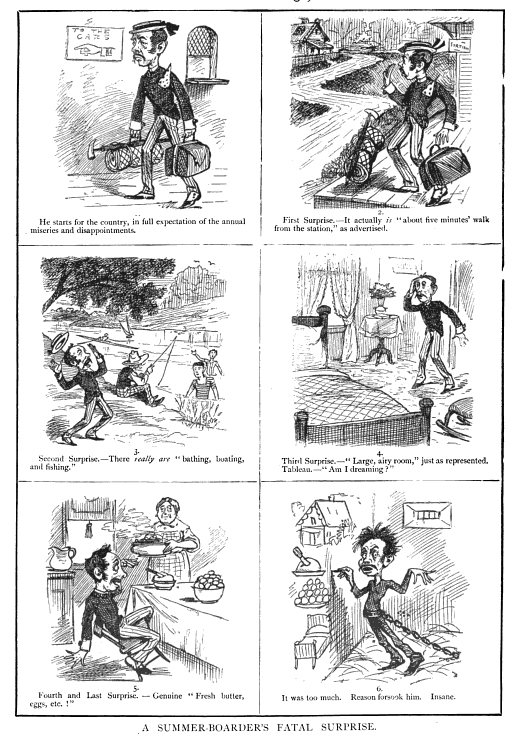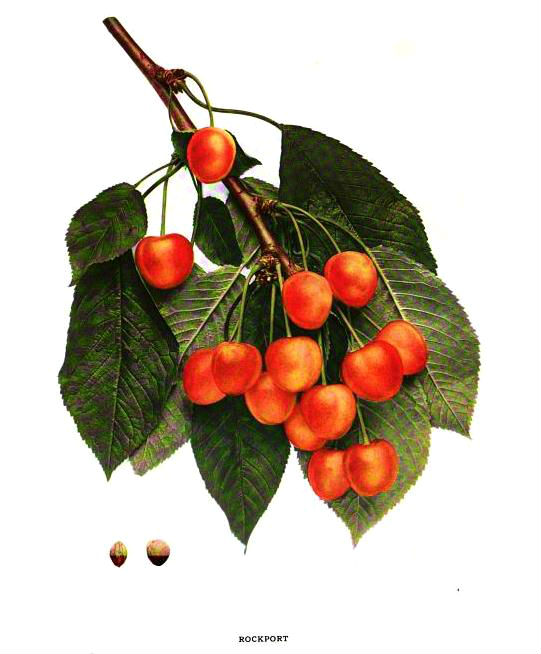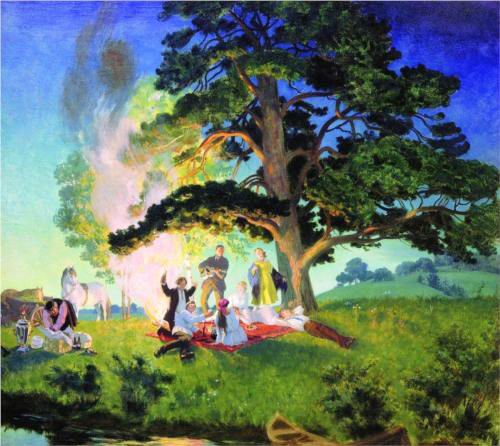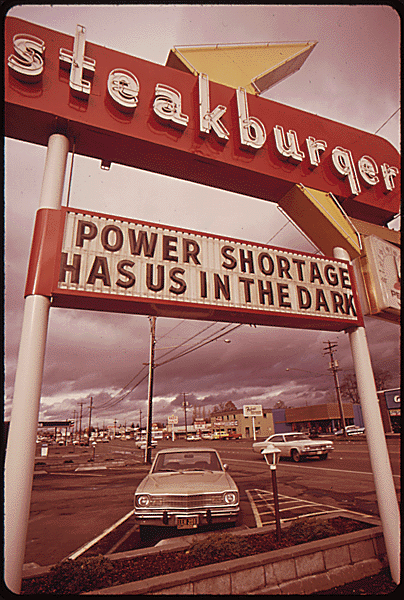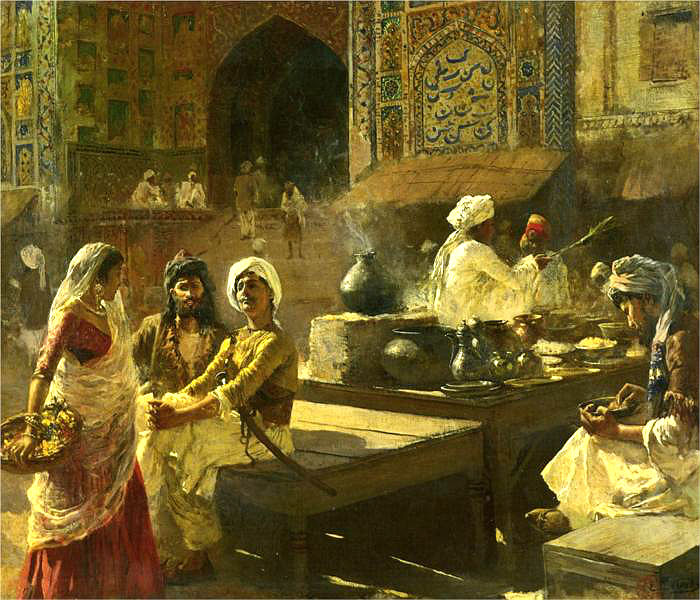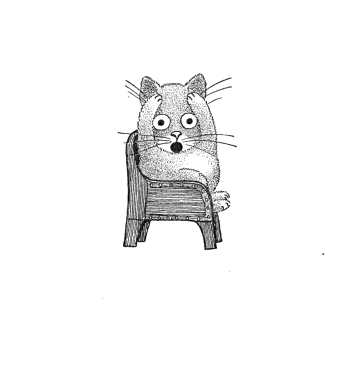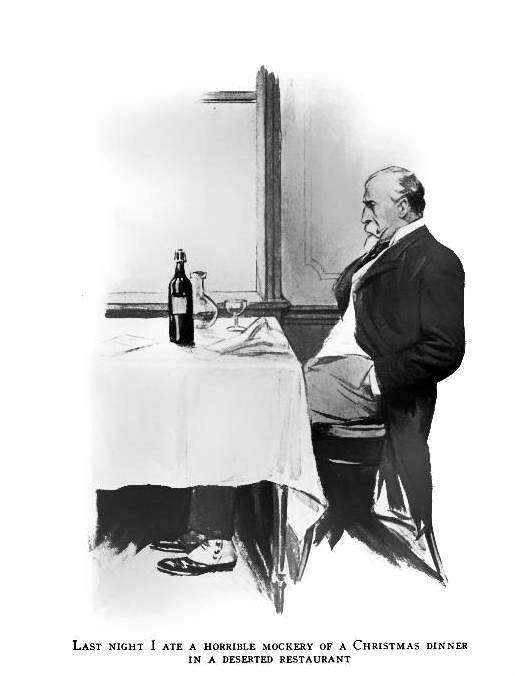Life of Pie
You won't mind filling yourself in on the history baked into this dessert
You won't mind filling yourself in on the history baked into this dessert During the nor’easter that descended on New England last week I spent many dull, rainy hours fixing a bicycle and baking pies. Fixing a bike has its charms. There’s a certain sense of accomplishment in taming a balky bottom bracket. But it's baking pies that I find more absorbing. It’s great fun seeing just how many foods can be transformed into dessert. At one time or another this past month I’ve sprinkled sugar over various fillings and packed them into inexpertly shaped crusts. Some pies have turned out better than others. Apple pie, pumpkin pie, and even green tomato pie find takers when I give one away. Great northern bean and evaporated milk pie, however? Not so many. (more…) Read More...
